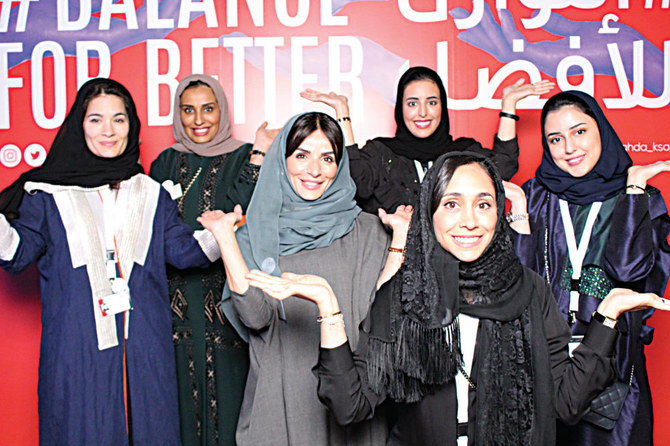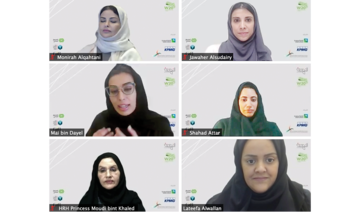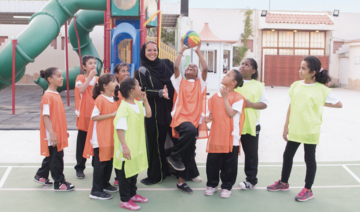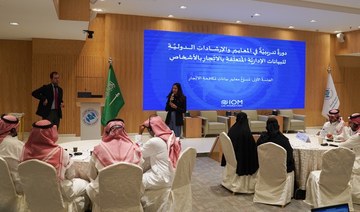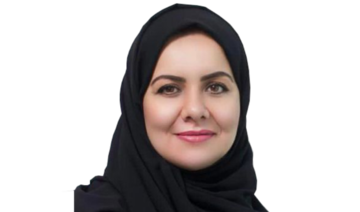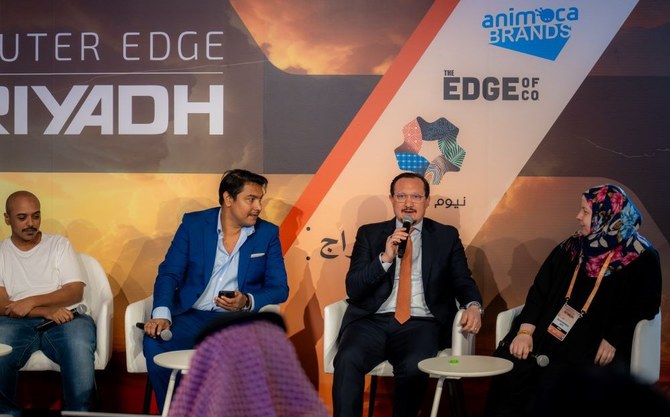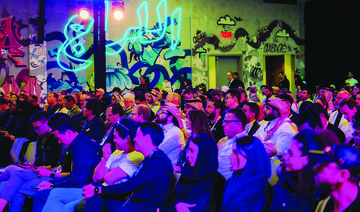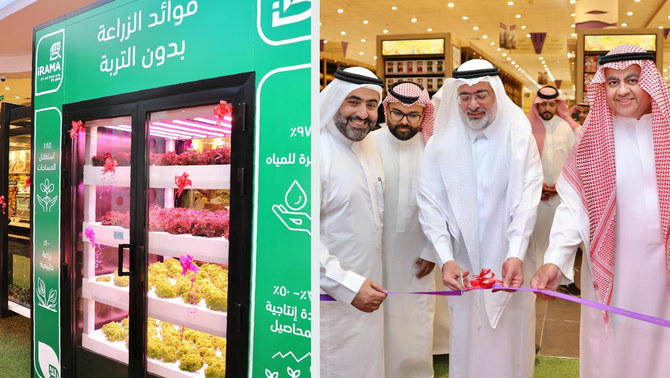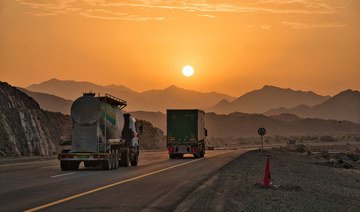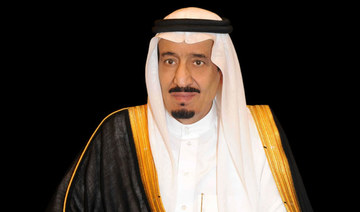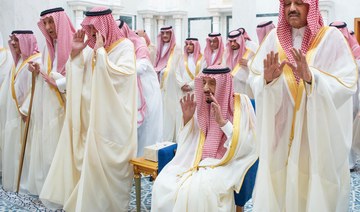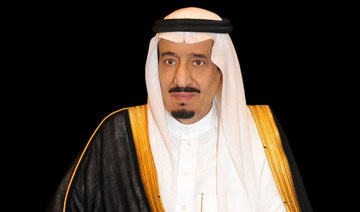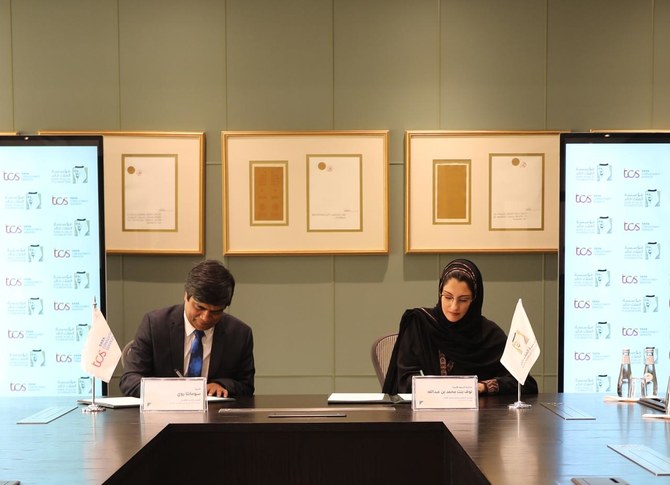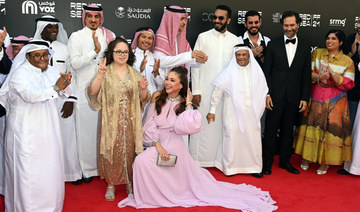RIYADH: It has been 58 years since Alnahda Philanthropic Society for Women was established in Saudi Arabia to encourage female participation in society and help create a world of justice and equal opportunities.
And now, in recognition of its celebrated work, the organization has won King Salman’s endorsement to helm the Women 20 (W20) — the official G20 engagement group on women — in the run-up to the leaders’ summit in November.
Alnahda, which means “the awakening,” was founded in 1962 to help empower Saudi women economically and socially through targeted development projects. In June 2019, it was officially accredited by the UN Economic and Social Council (ECOSOC).
Its mission is to ensure a community environment that is conducive to women’s participation, preserves their dignity, and helps build their capacity to reach positions of leadership.
At the helm of the W20 Riyadh edition, Alnahda will help facilitate discussions among a network of delegates representing non-governmental women’s organizations, female entrepreneurs, and think tanks from across the G20 member states.
The aim is to ensure gender considerations are placed firmly on the agenda and are included in the G20 Leaders’ Declaration as policies and commitments that foster gender equality and women’s economic empowerment.
The W20 is only the latest achievement in the foundation’s long history. Muneera Al-Touq, who sits on the Alnahda board, told Arab News the foundation was one of the oldest charitable organizations in the Kingdom, founded by Princess Sara Al-Faisal and a number of other women with the encouragement of Queen Effat, the pioneer of Saudi women’s education.
Al-Touq, an expert in community services, statistics, and epidemiology, joined Alnahda in 2010 to examine the foundation’s training programs, judge their efficiency, and consider how they could be improved. She was elected to the board in 2014.
“I saw the people who ran it, the people who founded it. It was always something that was different and pioneering. They were always ahead of their time. They think of everything before it happens. And the quality of their programs, the quality of work, is truly of a high standard.”
Recounting the formative period of the organization, she said: “Alnahda’s founders started with general charity work in their community, but there was a big focus on working in the field of women’s illiteracy and fulfilling beneficiaries’ basic needs in terms of food, shelter, and clothing.
“This was in the early 1960s and, as Alnahda grew, its knowledge of these needs became clearer, helping to navigate through them. As the Kingdom developed, so did women’s needs.”
Alnahda’s programs continue to evolve and develop, as do the needs of the woman they target, said Al-Touq.
“We will always support and help women to become active members of our society. We will always try to ensure that the social environment and local community help women to build their capabilities and reach leadership positions.
“How we do that has a lot to do with what’s happening around us. And we’ve seen so many positive changes and advances for women in the Kingdom that have accelerated our work very quickly, and we will continue to keep up with that and develop programs to support them and head into the future where I think there are no limits,” she added.
As the CEO of Alnahda since 2013, Rasha Al-Turki oversees the foundation’s strategy, direction, and financial health.
She told Arab News: “I first joined Alnahda as chief project officer in 2010. I joined because Alnahda is the leading organization in the field of women’s socio-economic development, a cause I have been dedicated to for most of my life. My personal educational and professional goals have always revolved around women’s empowerment.”
Al-Turki said Alnahda provided space to be creative, to try new things, and to come up with new solutions without the heavy burden of bureaucracy.
“I think for people who are dedicated to a cause, it’s important to be in such an environment that fosters new ways of thinking and encourages employees to be nimble and to react to changing realities or become proactive with solving issues,” she added.
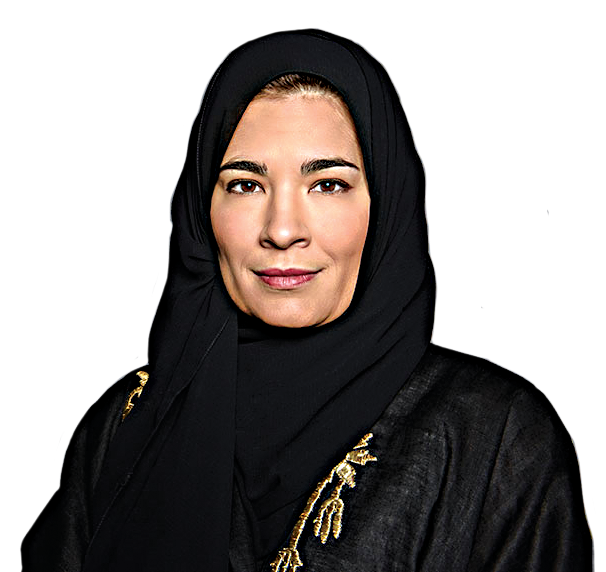
Rasha Al-Turki
Alnahda’s work covers the main areas of grassroots assistance, research, and advocacy.
In its grassroots assistance, the foundation works directly with its thousands of beneficiaries, offering programs on career and capacity development. The bulk of its beneficiaries are covered by its financial and social support program, with assistance given to almost 400 families each year — around 2,500 individuals.
“We look at how we can help develop the family in a holistic approach. So, we always look into all development needs of the entire family unit when we are creating their development plan collaboratively with the beneficiaries,” Al-Turki said.
“Our financial support is used as a tool to lighten their financial burdens thereby allowing them the mental and emotional space to set and execute a development plan for themselves and their household with the assistance of their social worker.
“The fulfilment of this plan is essential to ensuring that they and their family are able to break the cycle of inherited poverty and graduate out of financial assistance — both ours and social security.”
In terms of research, Alnahda looks for new ways to improve the efficiency of its programs and the design of policies that target women, involving policymakers, social scientists, and other stakeholders.
In its advocacy, meanwhile, the foundation raises awareness among local and international policymakers to help promote women’s socio-economic inclusion.
None of this would be possible without Alnahda donors, who fall into three main categories. Al-Turki said. “We have individuals, who are the biggest source of our revenue. We also receive grants from companies, usually from their CSR (corporate social responsibility) departments.
“Then we have some companies that will ask us to do a particular project for which we get compensated. We sometimes receive funding from the government for particular projects.”
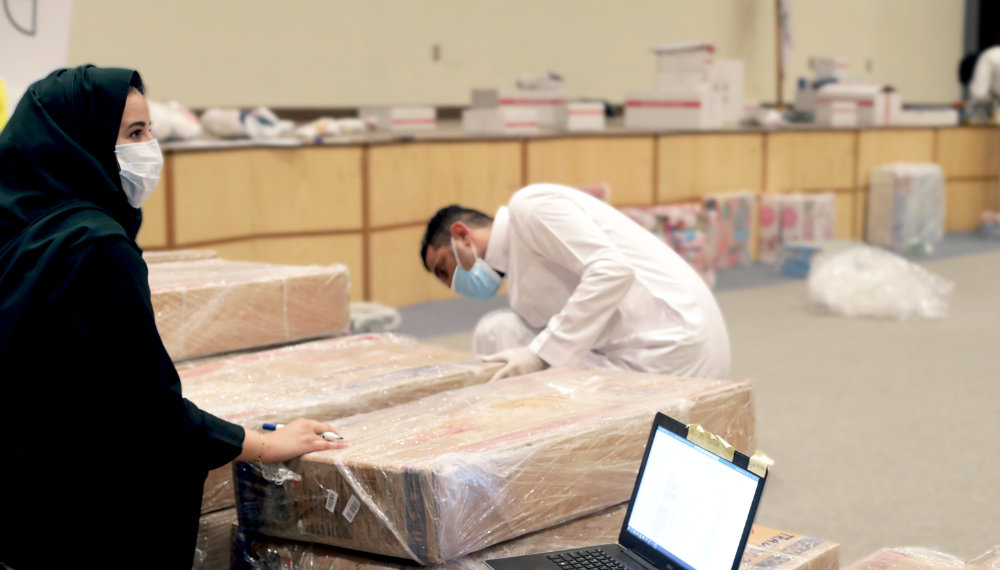
Volunteers packaging laptop computers for student beneficiaries of Alnahda. (Supplied photo)
The coronavirus disease (COVID-19) pandemic has placed new pressures on households. Early on, Alnahda was able to give immediate financial assistance to beneficiaries who had lost their jobs, help them pay rent, and prepare their homes for the lockdown.
“Before last summer, we collected and distributed more than 500 computers for 350 families,” added Al-Turki.
However, when virtual teaching resumed after the summer break, Alnahda realized one computer per family was not enough. That is why it launched Thaber — which means “persistent” — to help provide more devices and internet subscriptions, allowing students to flourish in the new virtual learning environment.
But empowerment is about more than just surviving tough economic times. During Saudi Arabia’s 2015 municipal council elections, which allowed women to participate as voters and candidates for the first time, Alnahda launched an influence-awareness campaign. Al-Touq said one of the foundation’s beneficiaries went on to win a seat in the election and became a community champion.
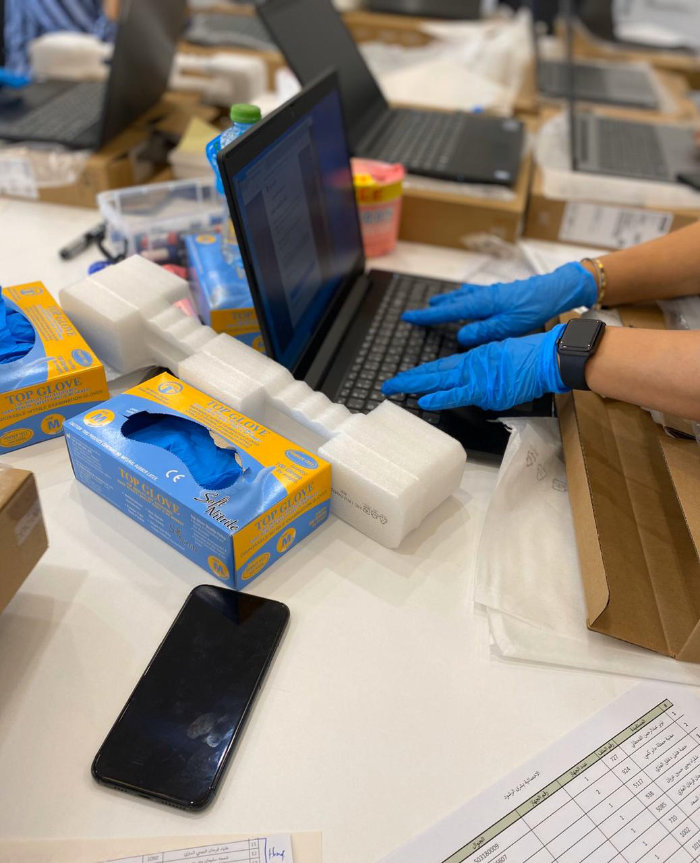
A volunteer prepares laptop computers for distrinution to student beneficiaries of Alnahda. (Supplied photo)
“Her story shows what Alnahda means. Our vision is to help these women become effective partners in the development of our society. So, when she goes from needing the help of Alnahda to becoming a representative for her community, it’s inspirational and it motivates us to keep working,” she added.
“It’s not a matter of helping someone reach a goal, it’s a matter of helping someone blossom into the best version of themselves. It is a matter of positively changing the individuals, their households, and their communities. And I think that’s where Alnahda stands out.”
A goal Al-Turki would like to see the foundation work toward was greater inclusivity. “I’d really like to be more inclusive of men within our organization, because I believe that only when women and men work together are they able to come up with better solutions and achieve a more sustainable impact.
“We’ve already started being more inclusive in our programming, especially when it comes to the beneficiaries. We believe that we rise and fall together,” she said.
____________________
• Twitter: @LujainBenGassem



